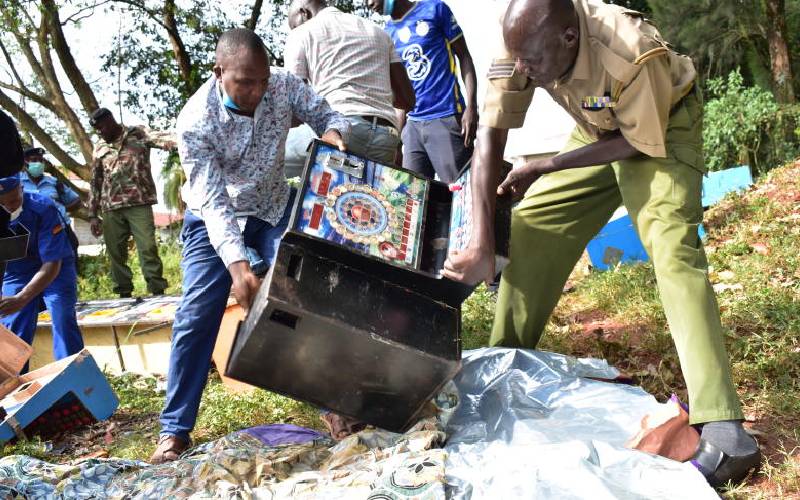
As a fresh graduate, this writer joined a band of sports gamblers, football diehards who whiled time away predicting match outcomes. One evening, a random texter, one of the many hoping to accrue a following, presented odds for what they called fixed matches, and I hesitantly wagered Sh20. I won Sh10,420 from the bet.
That money would soon find its way back to the vicious betting circles that take no prisoners, with the issuer of the odd winning bet asking for thousands of shillings so that they could send an even bigger winning ticket. Takes and gives left this reformed gambler with barely anything. This is the story of many a gambler.